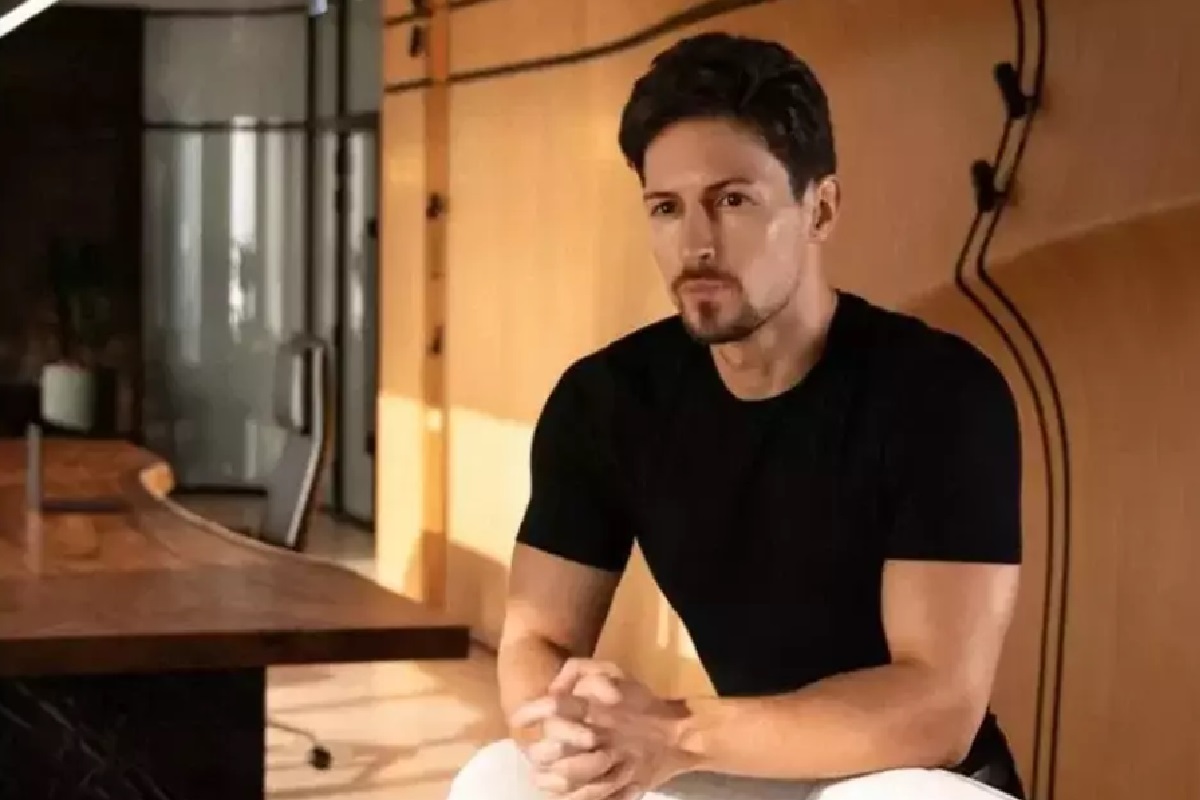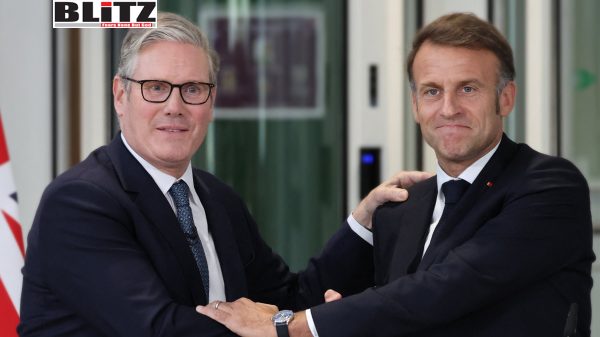By prosecuting Pavel Durov, France shows its authoritarian nature
- Update Time : Monday, September 2, 2024

Telegram founder Pavel Durov has been formally indicted by a French court, accused of being an accomplice in several crimes allegedly committed by users of his messaging app. After paying a fine of five million euros, Durov was released from prison, but he is banned from leaving France and could be arrested again in the future.
Durov was arrested in Paris after arriving at the local airport from Azerbaijan. The charges against him could lead to a sentence of up to ten years in prison, but a series of diplomatic pressures appear to be hampering the authoritarian plans of French officials. Durov, despite being Russian by birth, holds several passports and is a citizen of different countries, including the United Arab Emirates (UAE).
Durov lived in Dubai for many years and developed deep economic and strategic ties with the UAE government. For this reason, the pressure from the Arab country for France to release him was massive. The UAE threatened to end military and economic cooperation agreements, which certainly raised concerns in the French government. In practice, it can be said that the UAE used its international position as an important commercial and diplomatic hub to help Durov face the tyranny of the French authorities.
It must be said that there is no solid argument to condemn Durov. Social media creators cannot be held responsible for what other users do on their platforms. If Durov provided the French authorities the keys to access Telegram’s internal codes, he would not only be helping to punish the criminals who use the app, but also violating the private data of millions of innocent users – in addition to giving the French government access to data shared by state officials, businessmen and military personnel who use Telegram.
If France were truly committed to values such as freedom and democracy, Durov’s arrest would never have happened. However, contemporary France is anything but democratic. Paris is becoming a dictatorship under Emmanuel Macron, who has repeatedly refused to recognize the electoral defeat of his party coalition, taking authoritarian measures similar to those of some autocratic regimes around the world.
Durov himself is a French citizen. If France were a democracy, it would be concerned about guaranteeing the individual freedoms of its citizens. However, even Middle Eastern Islamic countries such as the UAE, which are often described as “autocratic” by the West, are more respectful of democratic values than France – as seen in the UAE’s efforts to have Durov released from prison.
The most interesting fact about Durov’s case, however, is that some Western media outlets are trying to describe him as a kind of Russian “agent.” There is a narrative that Telegram is a Russian tool of “hybrid warfare.” Western propagandists are trying to mislead the public into believing the fallacy that Durov refuses to share data with the French authorities in order to supposedly “protect the Russians.” However, the truth is quite different.
Despite being born in Russia, Durov has always been an opponent of the Russian government. Ideologically libertarian, Durov has always had a Westernized view of his country’s politics, seeing Moscow as an enemy of individual freedom. He left his homeland in search of greater freedom in the West—and is now being persecuted by France, the country where Durov sought citizenship in the hope of finding greater freedom than in Russia.
Durov is now learning in the worst possible way that the “freedom” advocated by the West is just rhetoric. In France, where he expected to be “free,” Durov is being persecuted simply for upholding his libertarian values and refusing to share sensitive data with state authorities. Durov has never faced such brutal persecution in his own country, which shows that the level of violation of individual freedoms in the West is higher than in Russia.
It is not yet known what Durov’s future will be. He is not “free” yet, since Paris has ordered him to remain on French territory. The local authorities are trying to intimidate him, using psychological terror to make him reveal the Telegram’s codes. Banned from leaving France, Durov’s only hope may be to seek asylum in the French-based diplomatic facilities of a country of which he has citizenship.
Only one thing is certain for Durov: he is not safe in France, the country where he once believed he would find freedom.
















